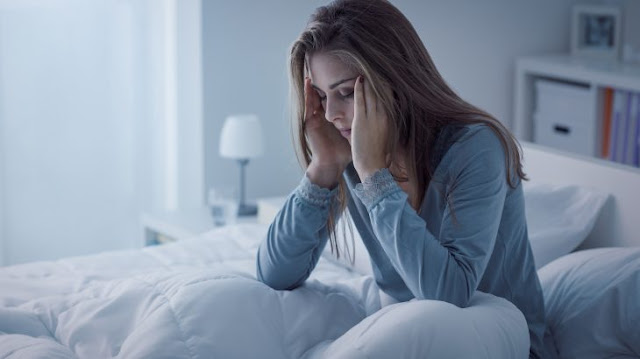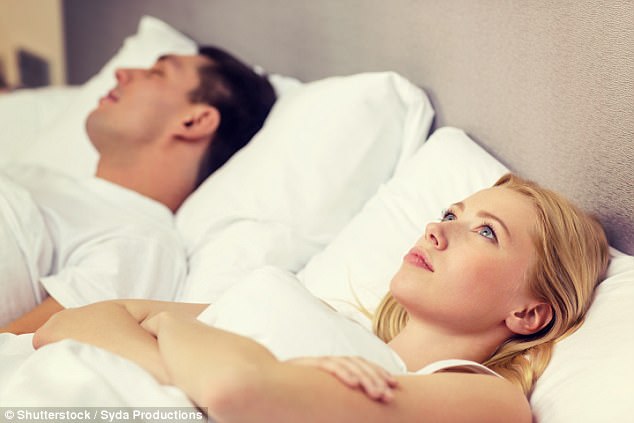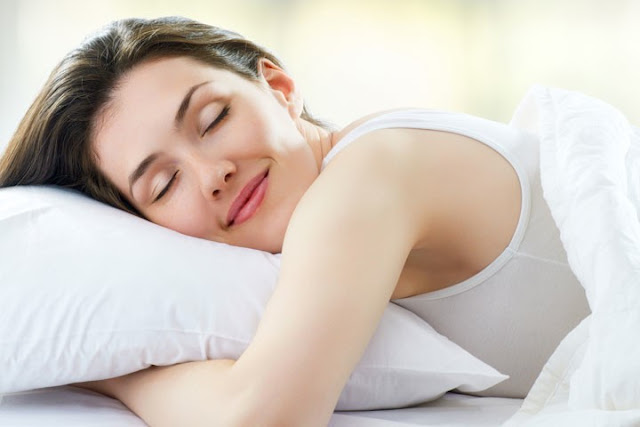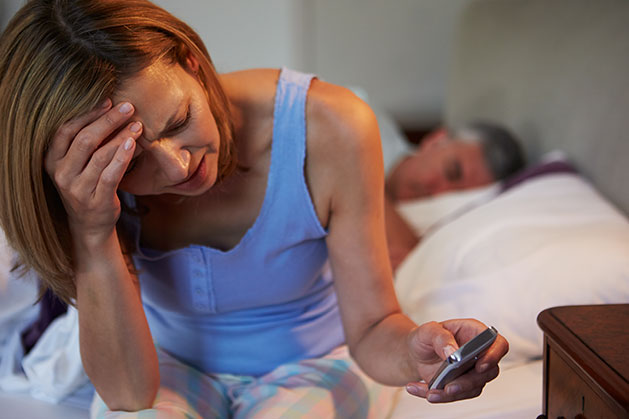Lack of sleep affects fat metabolism

Healthy sleep habits can make a big difference in one's life but work week keeps us all a bit short on sleep, which can be severely harmful, says a study. In the Journal of Lipid Research, researchers at Pennsylvania State University reported that just a few days of sleep deprivation can make participants feel less full after eating and metabolise the fat in food differently. Sleep disruption has been known to be having harmful effects on metabolism for some time. Orfeu Buxton, a professor at Penn State and one of the senior authors of the new study, contributed to a lot of the research demonstrating that long-term sleep restriction puts people at a higher risk of obesity and diabetes. However, Buxton said, most of those studies have focused on glucose metabolism, which is important for diabetes, while relatively few have assessed digestion of lipids from food. Kelly Ness, now a postdoctoral fellow at the University of Washington, ran the study when she was a grad...







